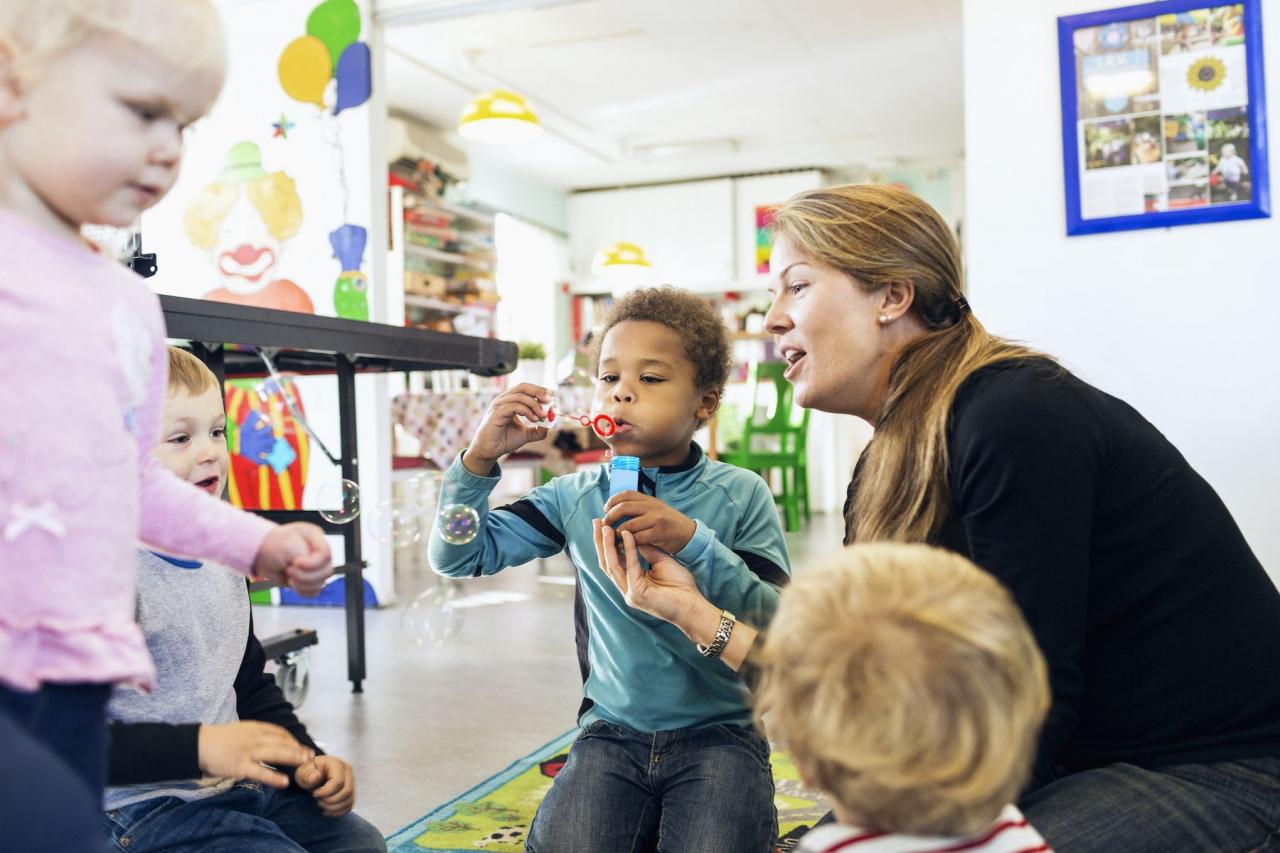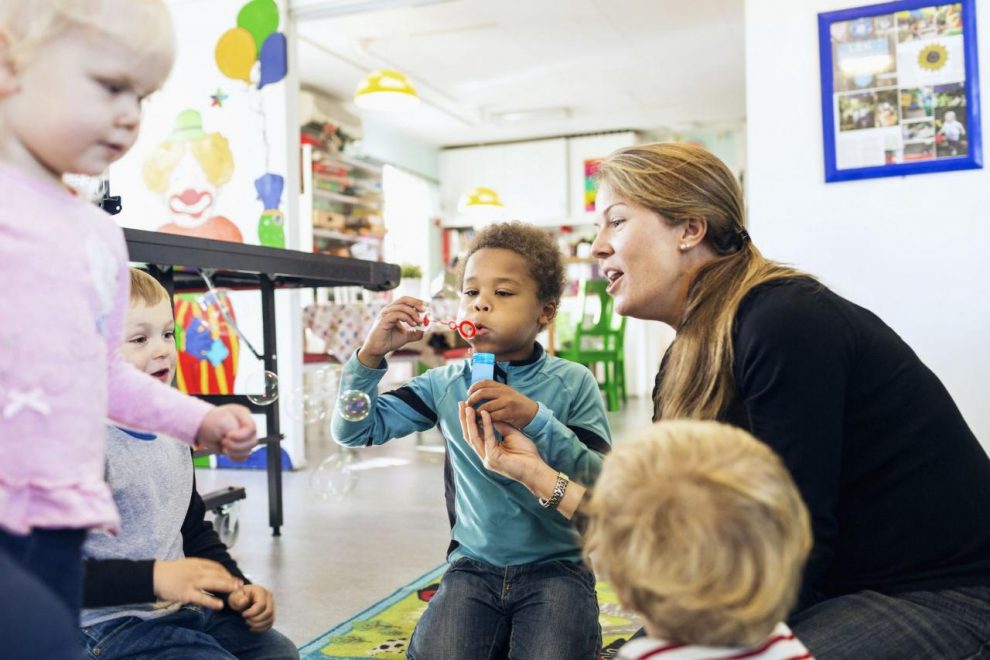
Introduction: Navigating the Preschool Selection Journey
Choosing the right preschool for your child is a significant decision that sets the stage for their early education journey. Visiting potential preschool facilities is a crucial step in this process. It allows you to assess the environment, curriculum, and staff to ensure they align with your child’s developmental needs and your family’s values. This article offers guidance on the essential questions to ask when touring preschool facilities, ensuring a nurturing learning environment for your little one.
The Importance of Preschool Selection: A Foundation for Future Learning
Educational philosopher John Dewey once said, “Education is not preparation for life; education is life itself.” Preschool lays the foundation for a child’s educational experiences, fostering social skills, cognitive development, and a love for learning. Choosing the right preschool can significantly impact your child’s growth and readiness for formal schooling.
Assessing the Environment: Creating a Safe and Stimulating Space
Physical Safety and Cleanliness
During your preschool tour, observe the cleanliness and safety measures in place. Are the classrooms and play areas well-maintained? Are safety protocols, such as secure entrances and childproofing, evident? Addressing these concerns ensures your child’s well-being, as American author and parenting expert Ann Douglas affirms, “There is no such thing as a child who hates to read; there are only children who have not found the right book.”
Classroom Layout and Resources
Pay attention to the classroom layout and resources available. Are there age-appropriate materials for exploration and play? A well-designed classroom encourages independent learning and creativity. As education advocate Sir Ken Robinson stated, “Creativity is as important as literacy, and we should treat it with the same status.”
Exploring the Curriculum: Fostering Holistic Development
Learning Approach and Philosophy
Inquire about the preschool’s learning approach and educational philosophy. Is the curriculum play-based, Montessori, or follows a specific educational model? Understanding the approach helps you gauge whether it aligns with your child’s learning style and your educational aspirations. As educator Maria Montessori said, “The child is truly a miraculous being, and this should be felt deeply by the educator.”
Enrichment Activities
Explore the availability of enrichment activities such as art, music, physical education, and language classes. These activities contribute to a well-rounded education and can uncover hidden talents in your child. Legendary artist Pablo Picasso emphasized, “Every child is an artist. The problem is how to remain an artist once we grow up.”
Engaging with the Staff: Building Trust and Communication
Teacher Qualifications and Training
Inquire about the qualifications and training of the teaching staff. Are they certified in early childhood education? Ongoing professional development ensures teachers are equipped with the latest pedagogical techniques and insights. As educational reformer Horace Mann said, “Education…beyond all other devices of human origin, is the great equalizer of the conditions of men.”
Student-Teacher Ratio and Interaction
Ask about the student-teacher ratio and how teachers interact with the children. A low student-teacher ratio allows for personalized attention and meaningful connections. Observe how teachers engage with the children during your tour. The renowned educational theorist Lev Vygotsky noted, “Through others, we become ourselves.”
Supporting Social and Emotional Development: Nurturing Well-Being
Behavior Management and Conflict Resolution
Discuss the preschool’s approach to behavior management and conflict resolution. How do they handle disciplinary matters? A supportive and nurturing approach helps children develop emotional intelligence and positive social behaviors. Psychologist Daniel Goleman emphasizes, “If your emotional abilities aren’t in hand, if you don’t have self-awareness, if you are not able to manage your distressing emotions, if you can’t have empathy and have effective relationships, then no matter how smart you are, you are not going to get very far.”
Parent-Teacher Communication
Inquire about the preschool’s communication practices with parents. How often do they provide updates on your child’s progress? Effective communication fosters a strong partnership between parents and educators, enhancing your child’s overall development. As former U.S. Secretary of Education Margaret Spellings stated, “What parents do is more important than what government does.”
Conclusion: Empowering Your Preschool Selection Journey
Selecting the right preschool for your child involves careful consideration and thoughtful evaluation. By asking these crucial questions during your preschool tours, you ensure that the chosen facility provides a safe, stimulating, and nurturing environment for your child’s early education. In the words of education reformer John Holt, “Children are not only innocent and curious but also optimistic and joyful, and essentially happy.” By making informed decisions, you’re nurturing that innate joy and curiosity, setting your child on a path of lifelong learning and growth.
















